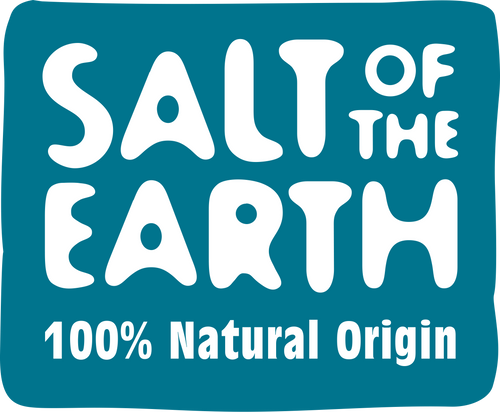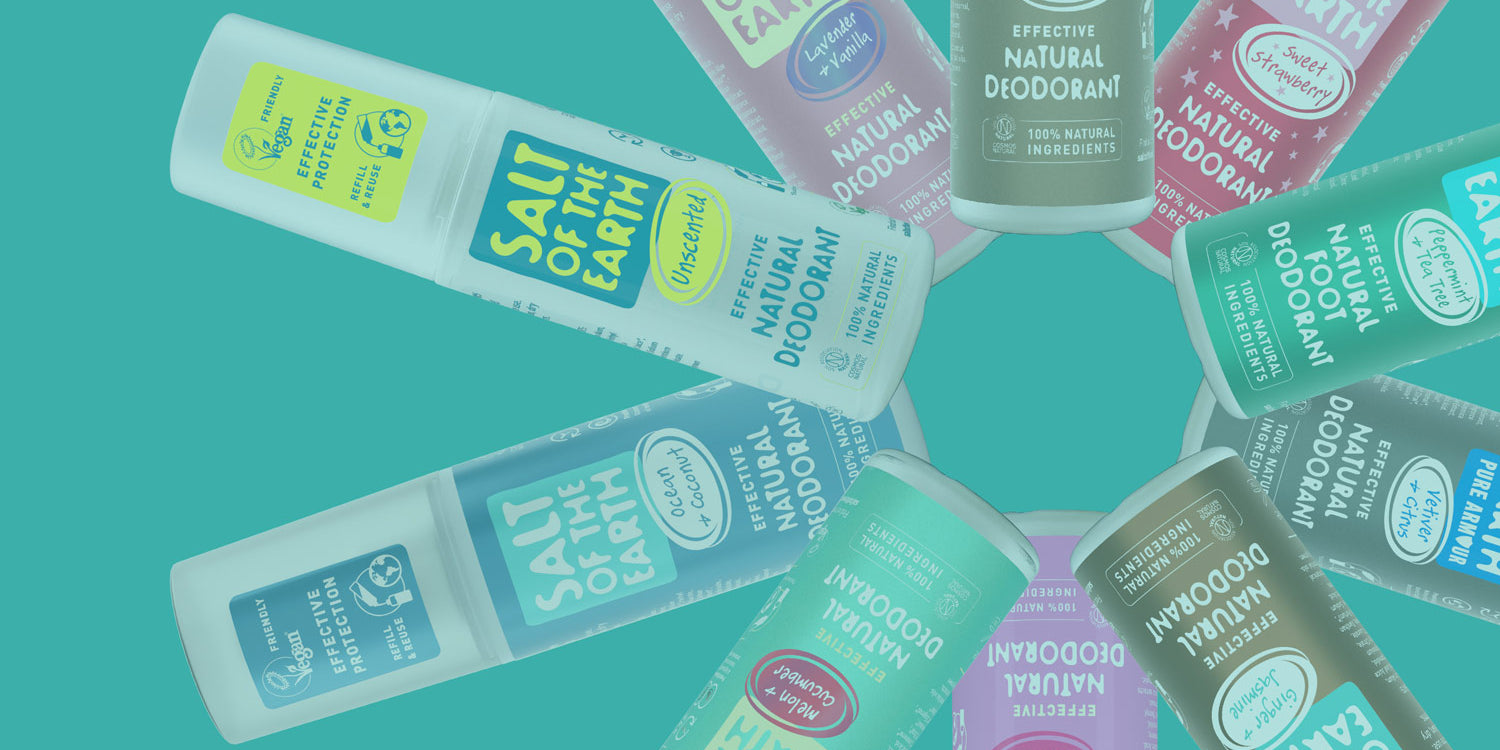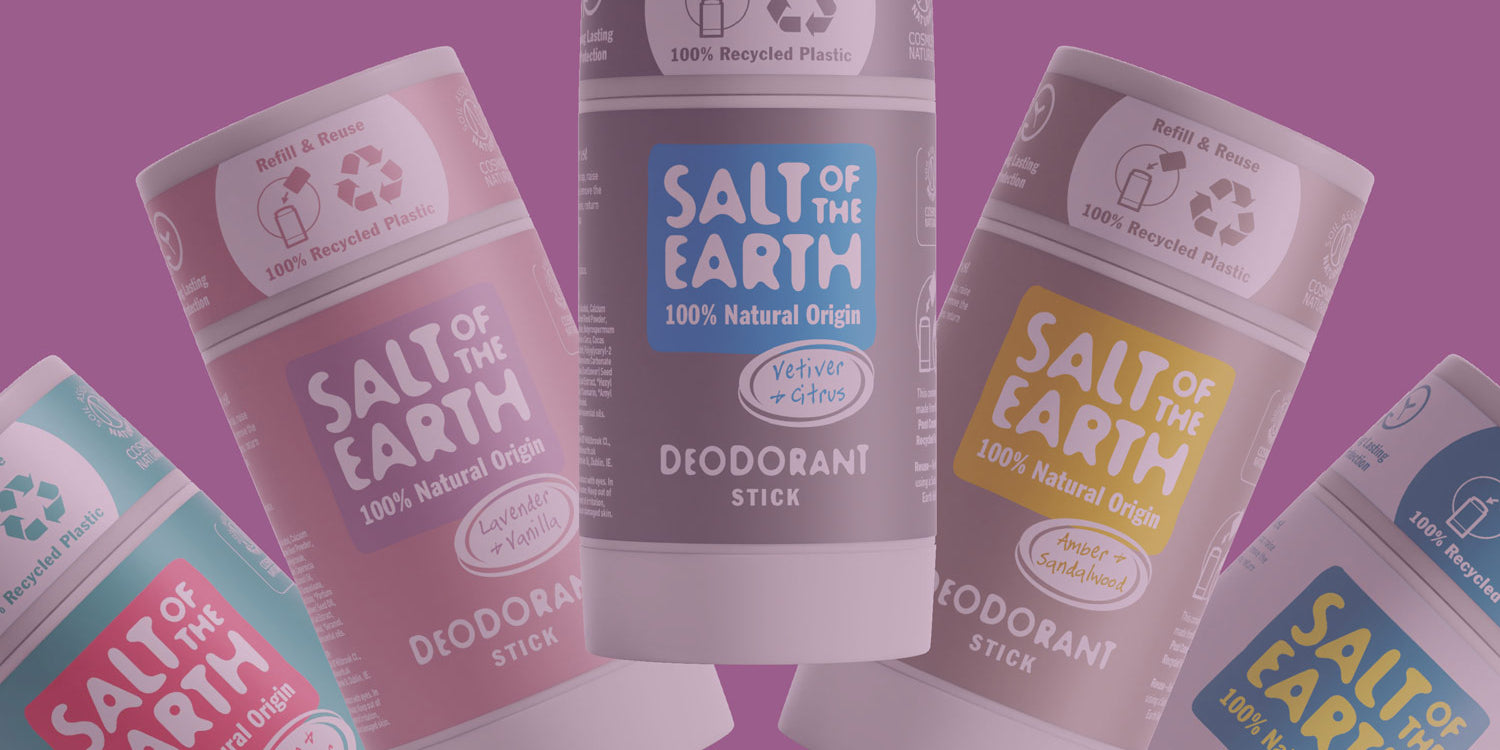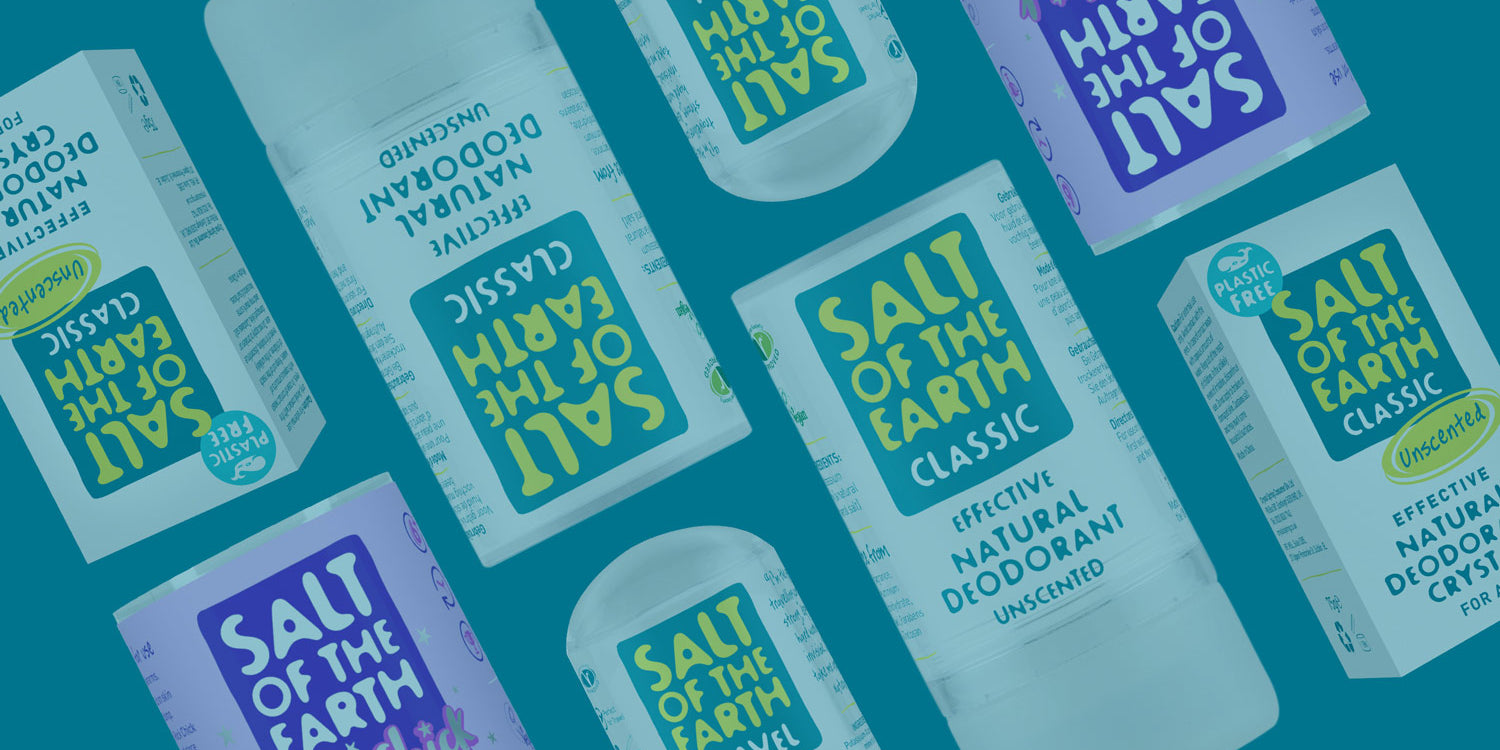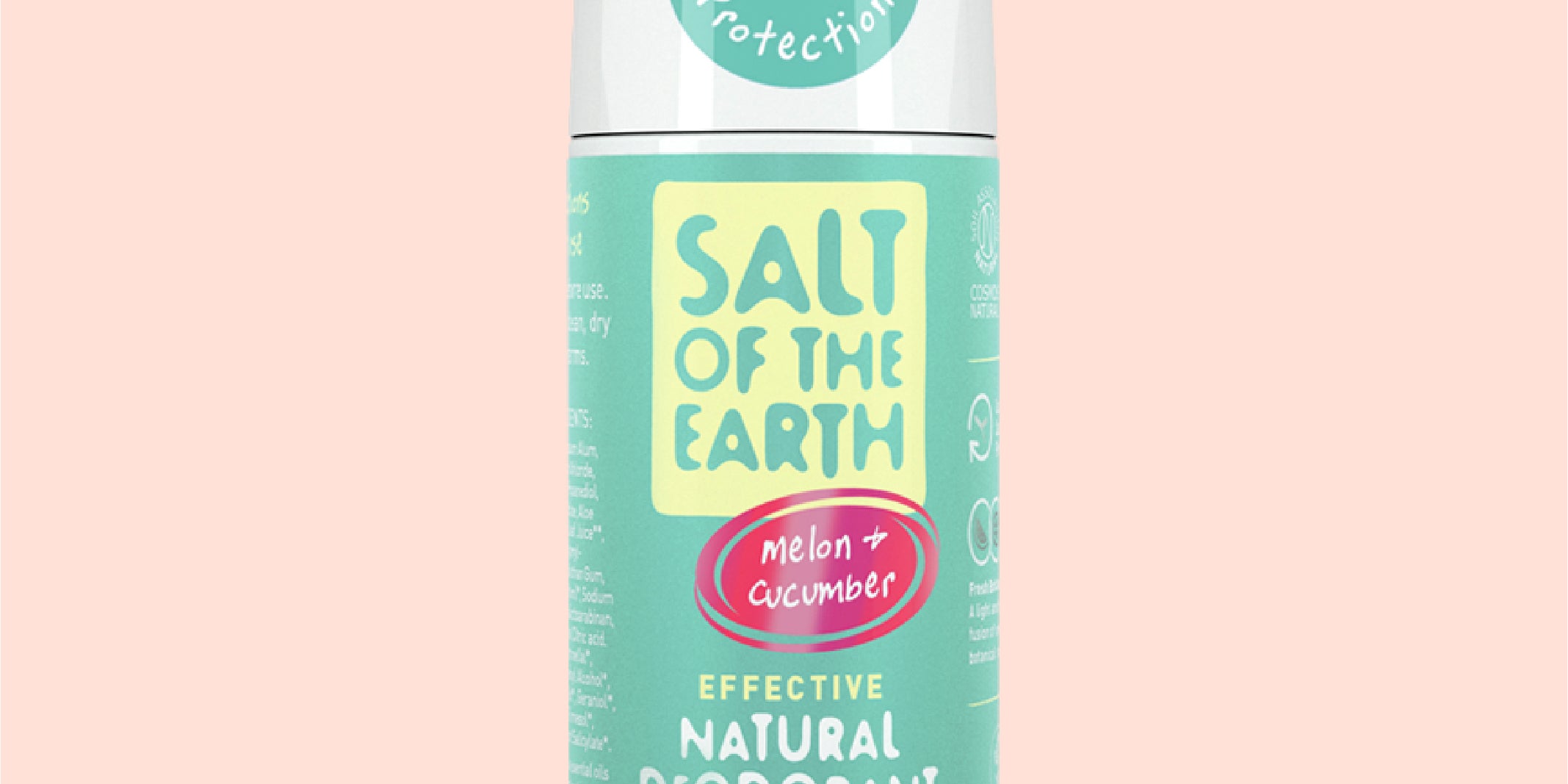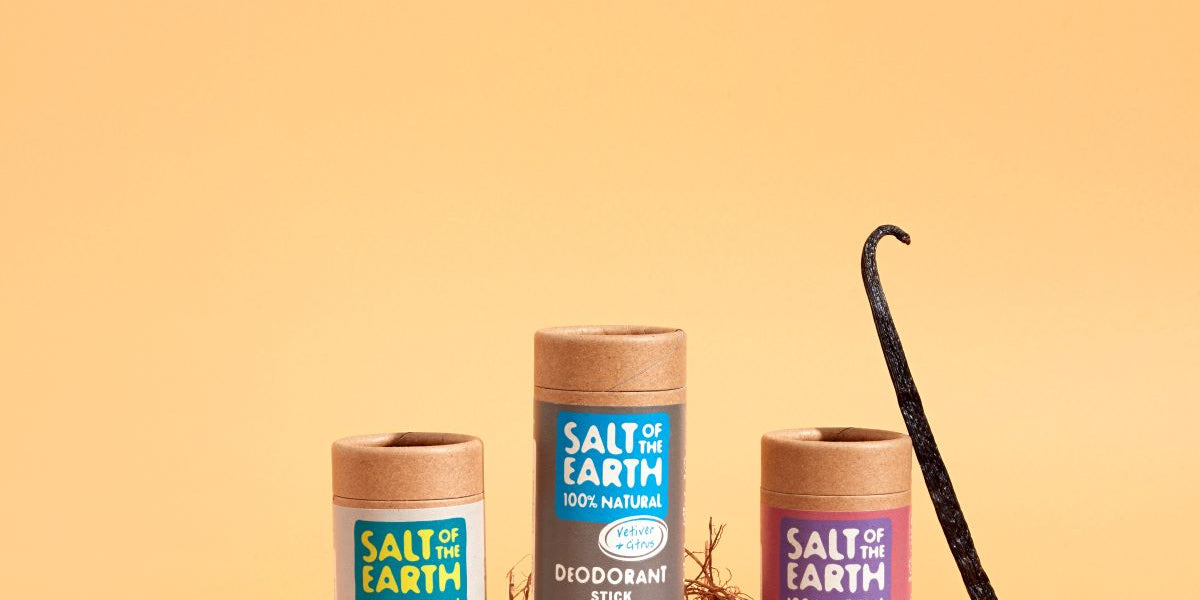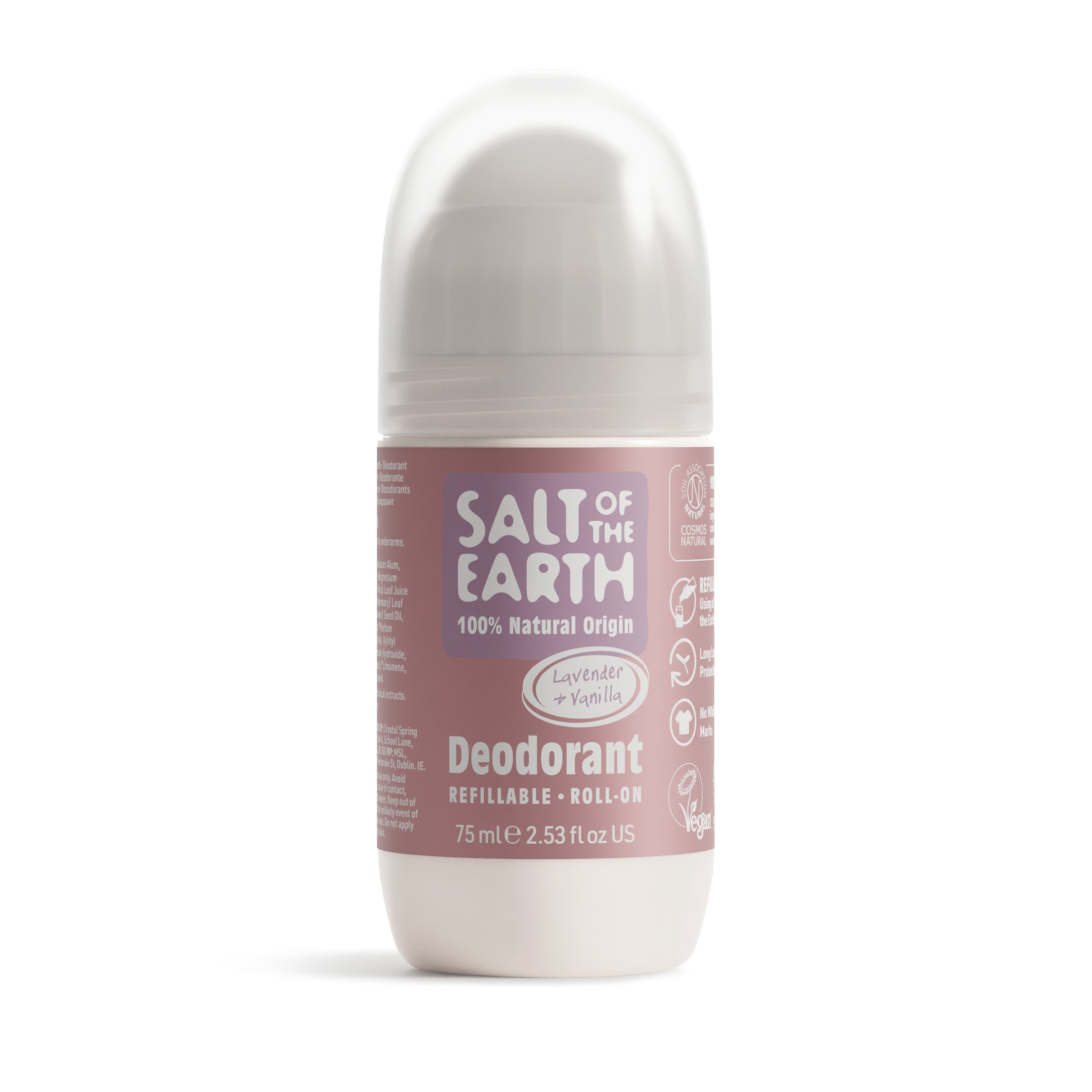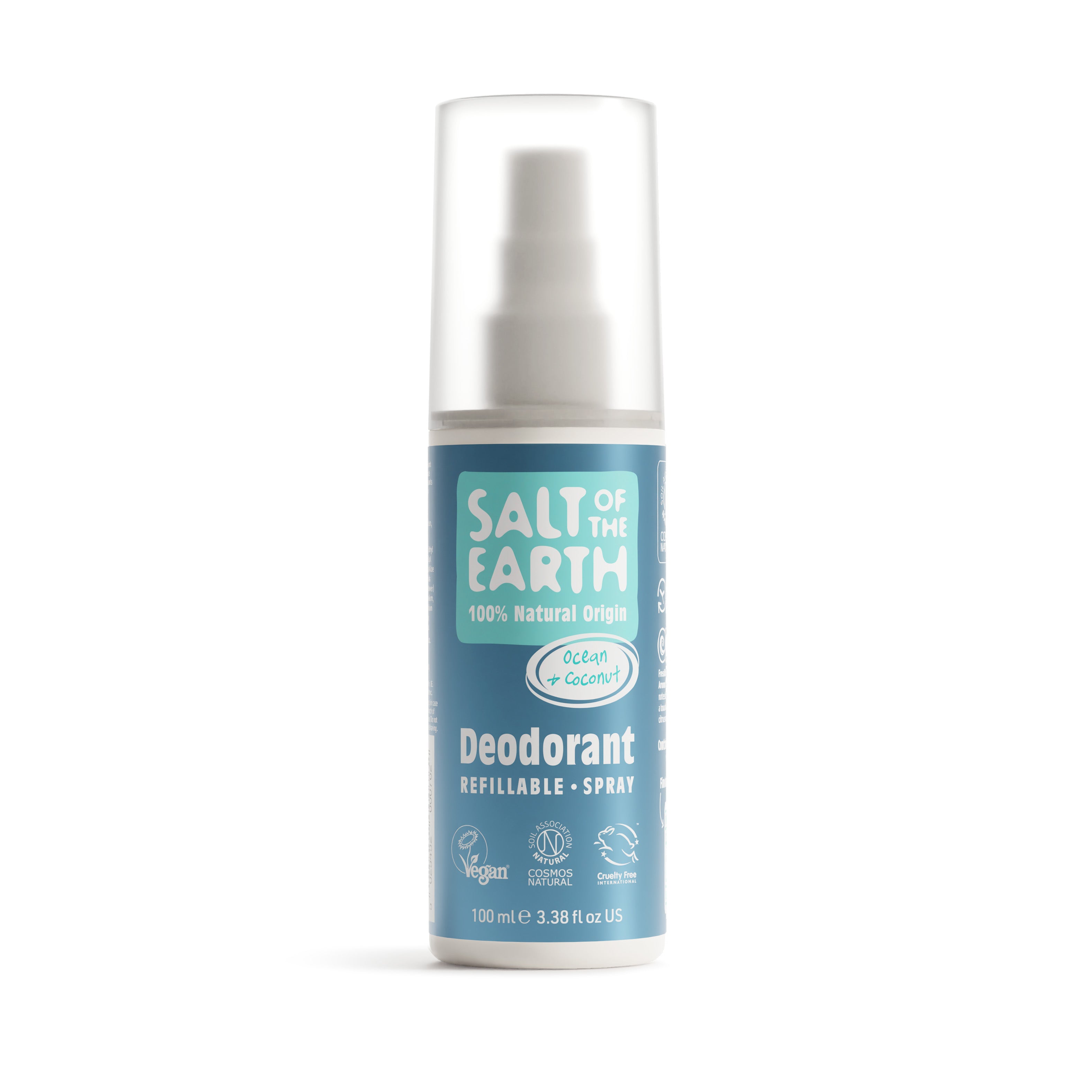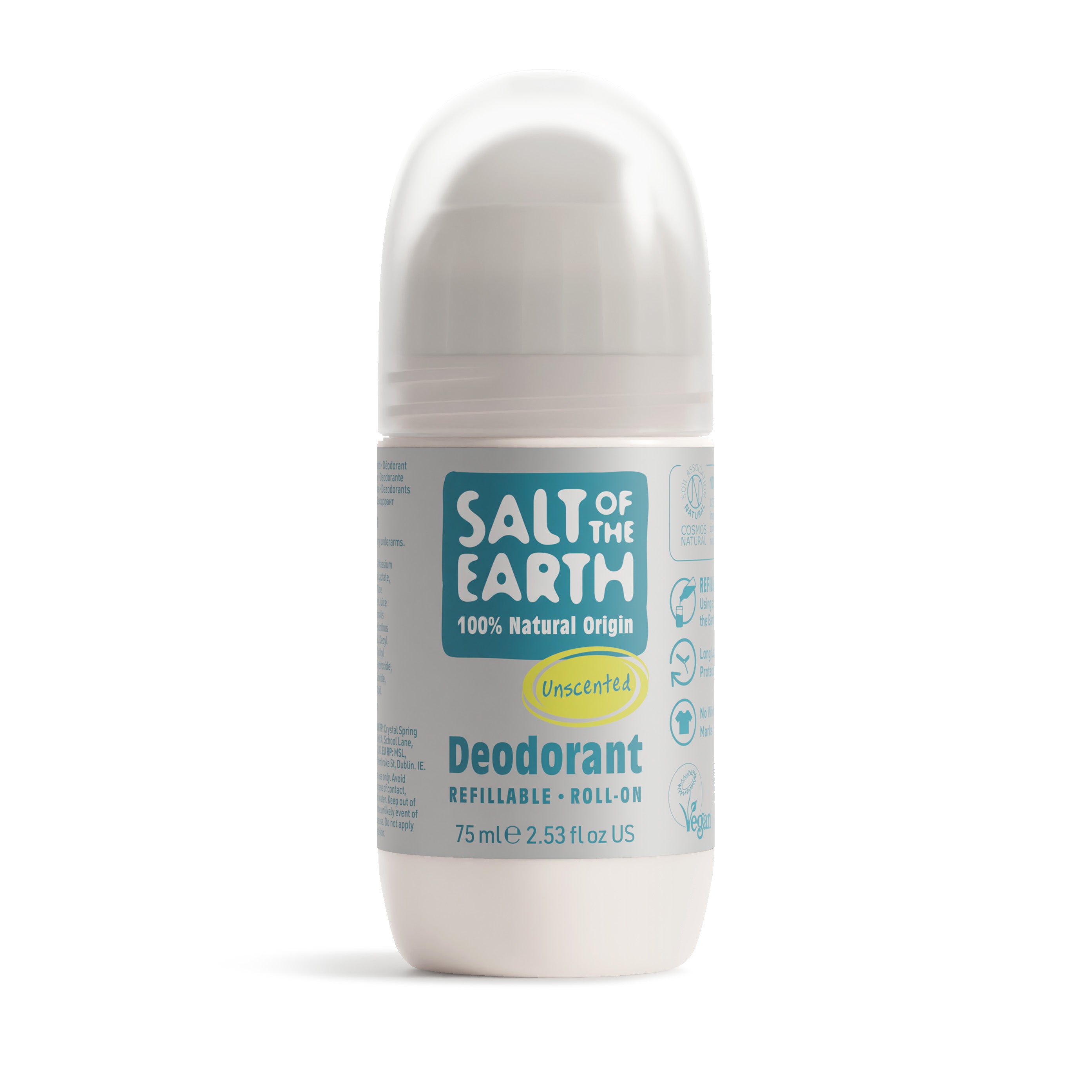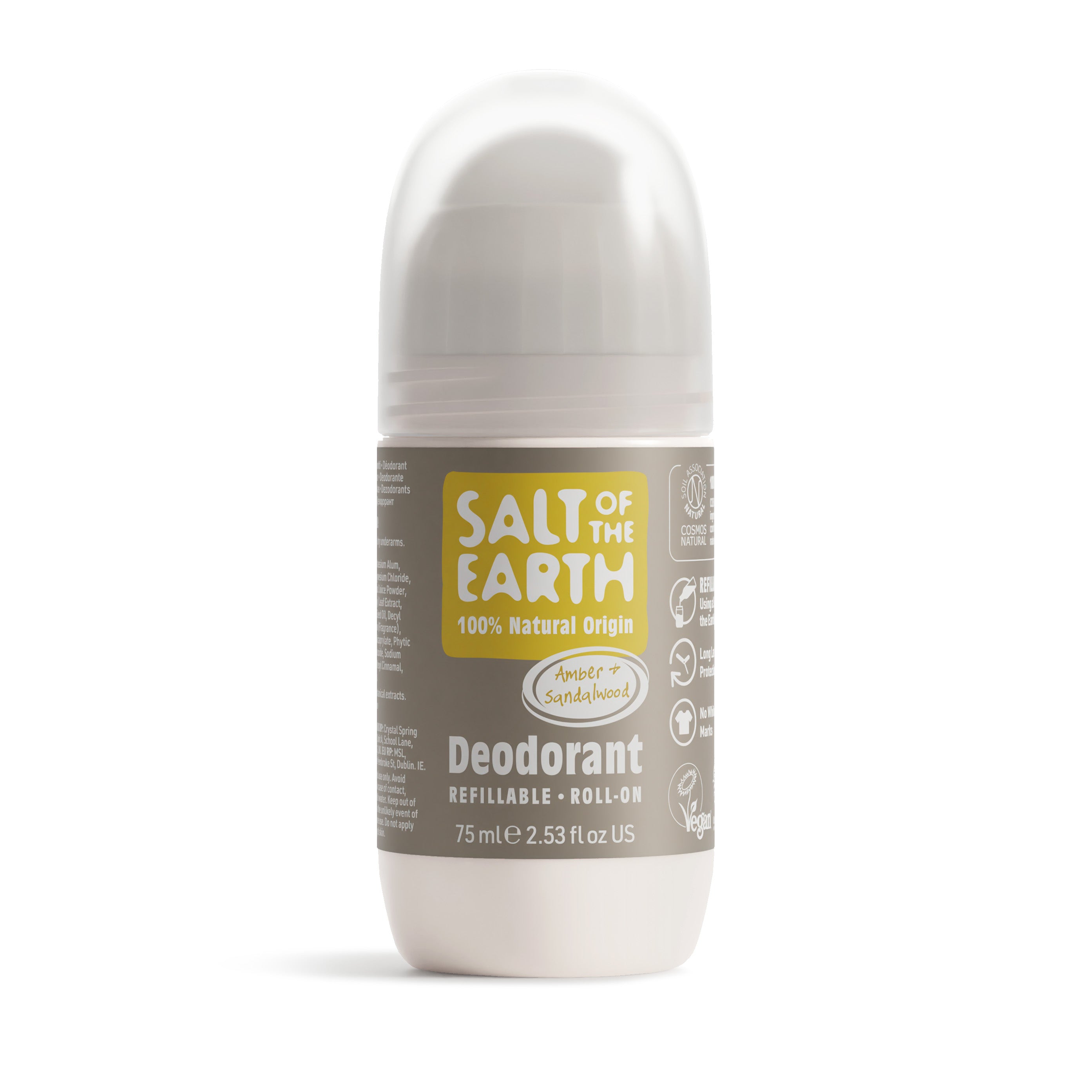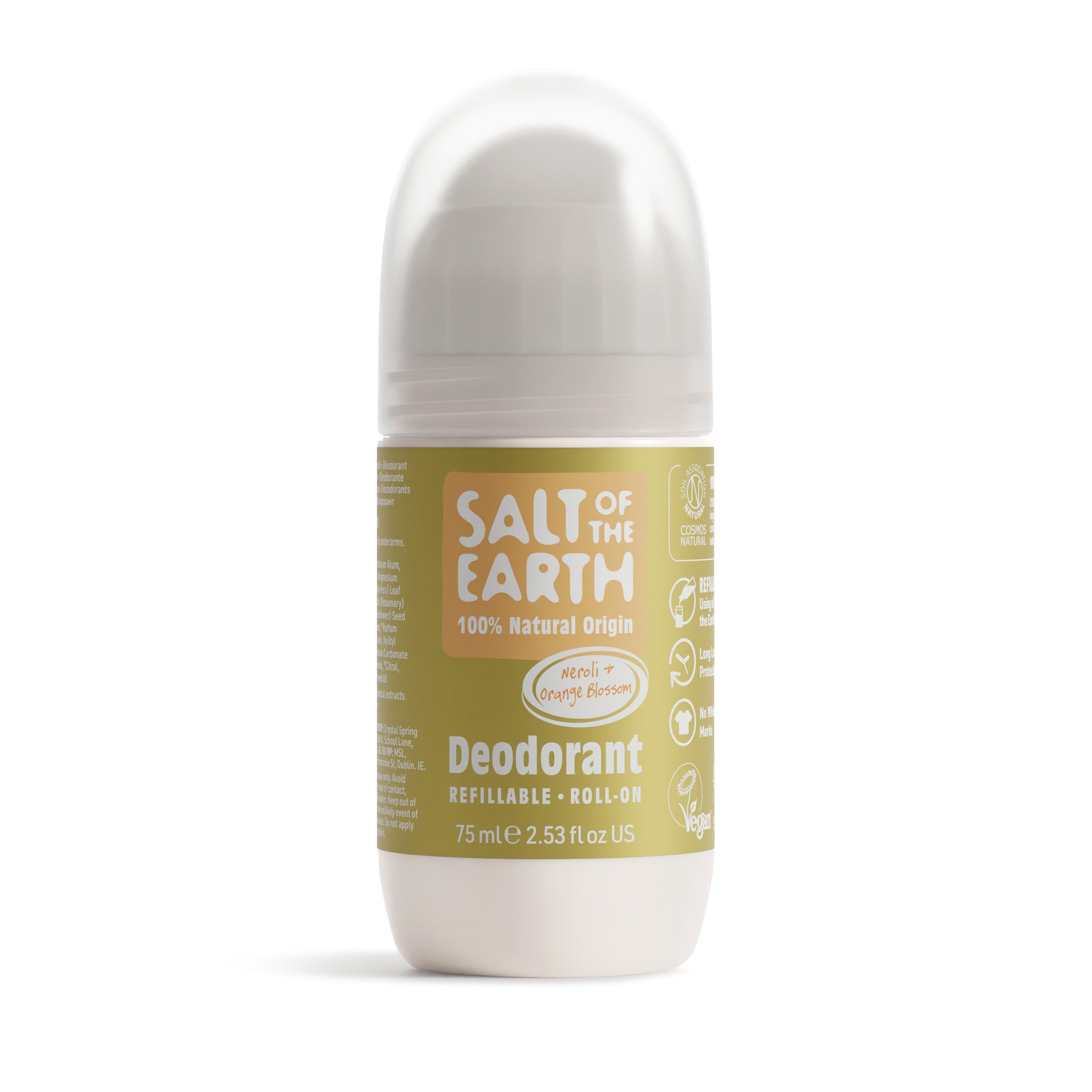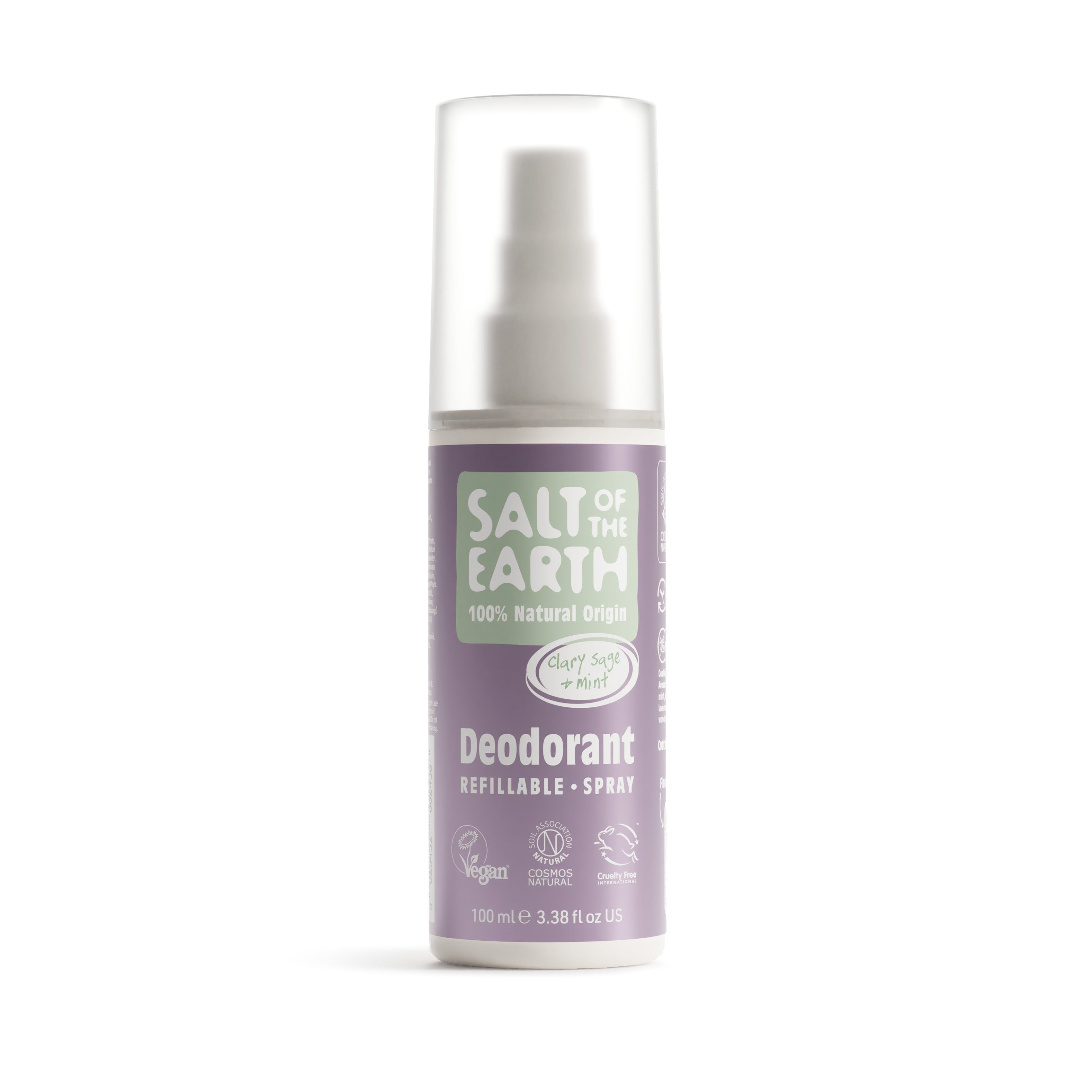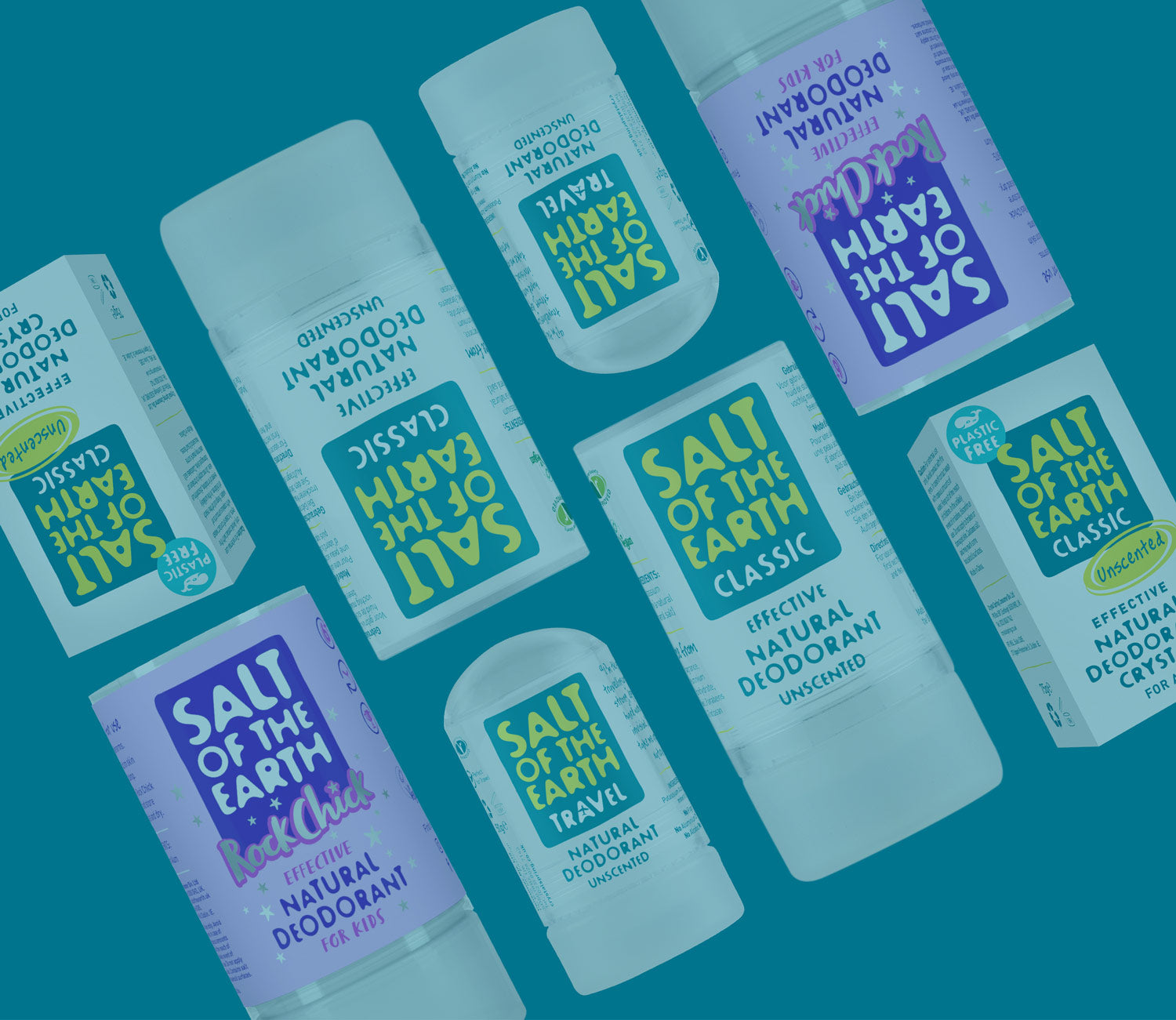Alum, a natural mineral salt, was vital to the ancient Romans. It played a key role in their medicine, industry, and daily life. This #TimeTravelTuesday, let’s explore the history of alum and its many uses in ancient Rome!
Alum in Roman Medicine
The Romans were advanced in their medical practices. Alum, known for its astringent properties, was a crucial part of their treatments. It was used to tighten tissues and stop bleeding, making it essential for treating soldiers’ wounds. Quick healing was vital in ancient times when the risk of infection was high.
Alum in Roman Industry
Alum was also important in Rome’s textile industry. It acted as a mordant, helping dyes stick to fabrics. This kept the colours of Roman clothes and tapestries vibrant. Rich colours were a sign of wealth and status, making alum a valuable trade item. The long-lasting colours of Roman fabrics show how effective alum was in dyeing.
Alum for Water Purification
Romans were pioneers in public health and urban planning. They used extensive aqueduct systems to bring water to their cities. To keep this water clean, they used alum to remove impurities. This method is similar to modern water treatment processes. It shows the Roman commitment to public health and safety.
Alum’s Modern Uses
Today, we still use alum in many ways. In personal care, alum is a popular natural deodorant. Its antibacterial properties help prevent body odour by stopping bacteria from growing on sweat. Alum-based deodorants are a natural and effective solution for modern hygiene, inspired by ancient wisdom.
Embracing Ancient Innovation
Using alum connects us to history. It shows that sometimes the best solutions are the ones already discovered. Alum is a timeless mineral that has proven its worth over centuries.
Are you ready to experience the benefits of alum? Try our Salt of the Earth deodorants and celebrate this ancient wonder. Discover how history can lead to modern solutions.
Stay fresh and connected to history with Salt of the Earth!
